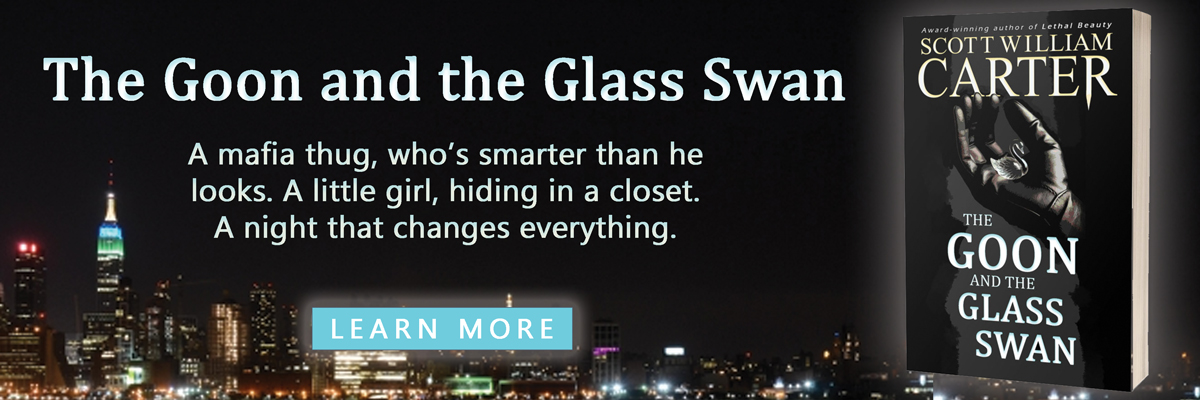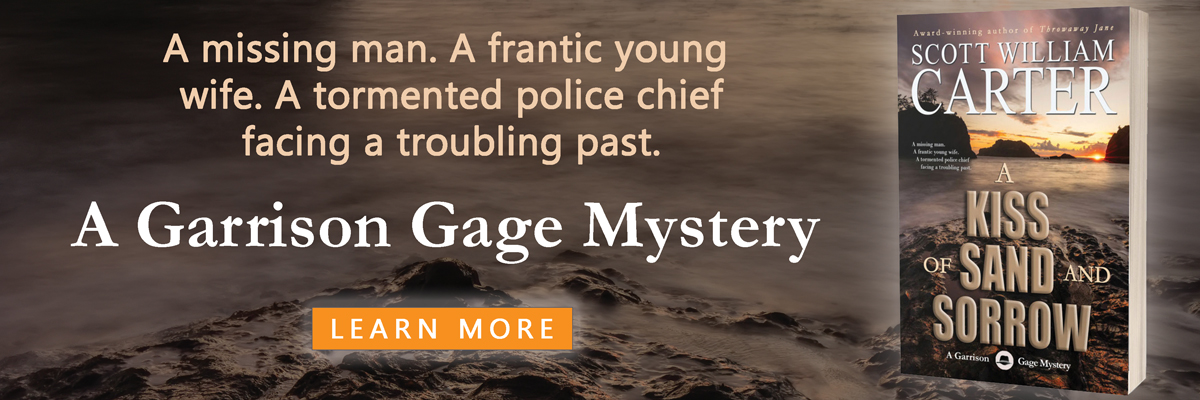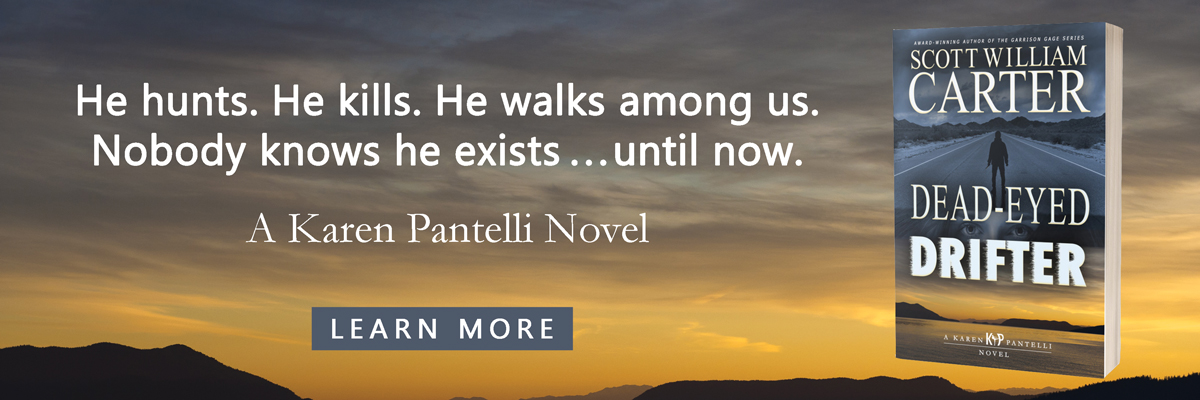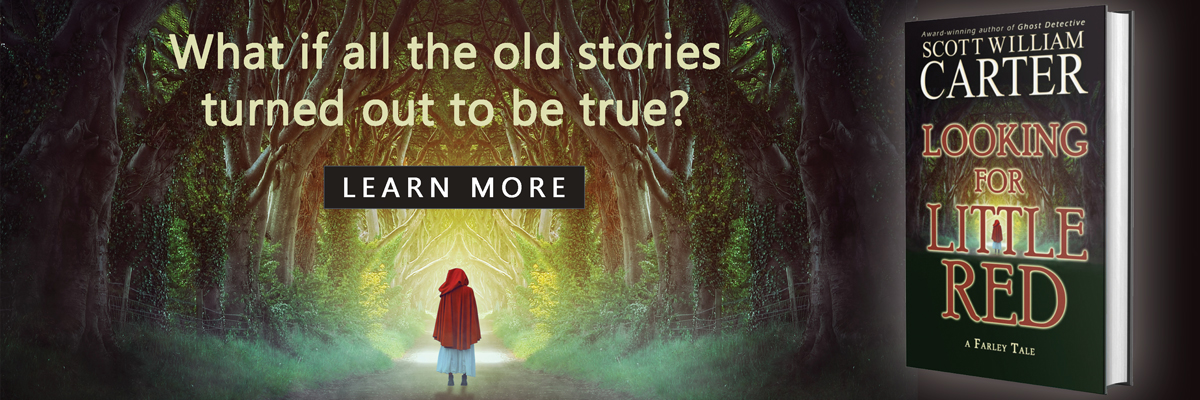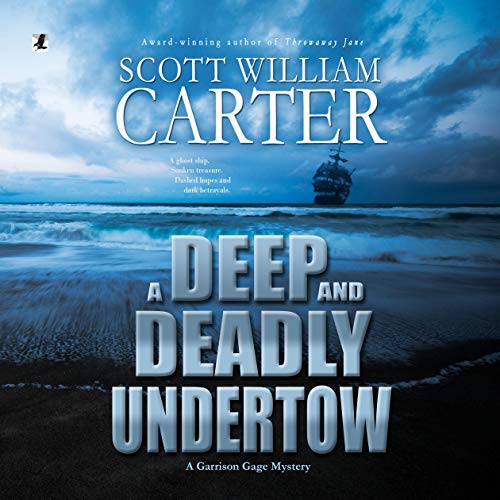
We had some snow the other day. Just an inch or so. As usual in the Willamette Valley, it didn’t last long. Otherwise, I’m seeing hints of spring everywhere—both in reality and metaphorically. The days are getting longer. On my daily walks, I’ve started to see crocuses and other plants start to bloom. A new President in the United States has brought a palpable sense of relief to those of us who believe in decency, democracy, and at least an attempt to adhere to the truth. The vaccine roll out, while bumpy, is picking up steam. We’ve lost a lot of good people to COVID-19, and the winter of this pandemic isn’t over by a long shot, but at least it feels like we’re heading in the right direction.
Productivity has been pretty good lately, mostly by just sticking to a daily word quota and staying off the Internet until after 5 p.m. Funny how straightforward it is, really, and how I have to keep reminding myself of the basics year after year. I feel like a Zen Buddhist coming back to the breath. Read a lot (breath comes in), write a lot (breath goes out). When I’ve taught writing courses, I generally start out by telling the students that if they stick to a daily word count of new material no matter what, plus read at least a book a week, they’ll probably get good enough to eventually develop an audience. If they don’t, no matter how many classes they take, they probably won’t. I tell them if half of them quit the class right now and did just that, while the other half went on to MFA programs but didn’t commit to being at least moderately prolific writers and voracious readers, I would bet on the half that quit my class. I usually got a lot of shocked expressions, but it really is true, I think.
Here’s a last little thought on this, to illustrate that being “moderately prolific” is not as difficult as some might suggest. A lot of people consider Robert B. Parker, a grand master of crime fiction, a fairly prolific writer. Now, we don’t know if he wrote under other names, or how many manuscripts he had to throw away, but if you take him at his word (always a dubious proposition for someone who makes stuff up for a living), he was a light outliner who mostly wrote one draft and he didn’t write under pseudonyms. He published something like 70 books that he wrote himself (I’ve probably read half of them), which amounted to about 4 million words. His books were fairly short by modern standards, so keep that in mind, but few people would argue about the average quality (he has duds like all long-term writers). He had about a 40-year career before he passed away. If you do the math, he would have had to write . . . about 250 words/day.
One manuscript page.
I know that’s pretty amazing for a lot of folks, and yes, these weren’t epic fantasy tomes we’re talking about, but still, he just did the work day after day. Certainly there are writers who have written much, much more, but I mention Parker because few would argue that he didn’t leave behind a substantial body of high quality work. Because when you get right down to it, being prolific is just another way of saying you’re consistent.
A Bit of Whimsy

That’s a quick five-minute sketch of an Irish Setter from one of my drawing notebooks. Not long ago I committed to at least a drawing a day. Some days I only do one, some days five or more. They’re not really meant for public exposure, but I thought it might be fun to share one now and then. The goal is very simple, whether I’m drawing something I see, something from a magazine, or a picture that I bring up on my tablet: to recreate a sense of what I see (the fundamental skill of all visual arts, or so it was explained to me by a very good professional artist and teacher once) in just a few minutes.
Scott Recommends
The Roadside History of Oregon by Bill Gulick. Back in my twenties when I owned a used bookstore, I used to dip into this book when it passed through the store, but I’d never taken the time to read it cover to cover. When my daughter gave it to me as a Christmas gift, I figured now was the time. I’m glad I did. Gulick’s sprawling history of my home state, using the highways as a loose structure, is full of fascinating anecdotes of the many colorful figures who populated Oregon’s early days. It’s particularly wonderful since I’ve visited the majority of the cities listed. I’ve always said that Oregon is like a microcosm of the country as a whole, since it has a little of everything: high desert, lush valleys, coastal regions, mountain peaks, all within a day’s drive, all the regions very distinct from one another. There’s a climate and style of life for just about everyone in Oregon, which makes it such an absolute gem.
American Hustle. I missed this David O. Russell’s film when it came out in 2013. A New York grifter and con man (a nearly unrecognizable Christian Bale) is forced to work with an FBI agent (Bradley Cooper) to perform an elaborate sting operation to avoid jail for himself and his lover (Amy Adams). Loaded with other stars (Jennifer Lawrence, Jeremy Renner, Robert De Niro), it’s the kind of film that often loses its way when too many actors ham it up on screen, but that didn’t happen here. Great acting, great writing—it was a fun film with some nice twists.
Love Just Screws Everything Up by Lynn Johnston. The 17th collection of the popular For Better or For Worse comic strip, following the life and times of the Patterson family, this strip ran for 29 years and ended its run in 2008. I’d caught the odd strip here and there over the years, back when I was still mostly reading the comics via the funny pages in a newspaper, but I’d never bothered to read a full collection. It’s great stuff. Unlike most strips, Johnston ages the characters (not quite real time, maybe a a third of real time?), so you follow the family’s many ups and downs in life just like the rest of us.
Bad Business by Robert B. Parker. Spenser starts off investigating whether a woman’s husband is cheating on her and ends up uncovering corporate malfeasance on a massive scale, a very unorthodox love triangle, oh, and several murders to boot. A fun read, and the extended cast (the beautiful and intelligent Susan, the inscrutable Hawk, and others) always help bring the story to life. While I enjoy Parker’s spare writing style, this was a bit bare bones even for him. It really is the bare minimum, I think, and there were scenes with almost no setting whatsoever. Still, it’s always a pleasant afternoon I get to spend with Spenser and company.
Since We Fell by Dennis Lehane. A books that begins as a fascinating character study and picks up steam as the suspense, and twists, mount, Lehane’s book chronicles the story of Rachel Childs, a once-promising journalist who becomes a shut-in, and the mystery of a husband who may not be what he seems. I haven’t read too many of Lehane’s books (mostly the Kenzi and Gennaro P.I. series, which I’m a big fan of ), but I will definitely be looking for more. My issue is that I seldom want to read a book if I’ve seen the movie it’s based on, and since I’m seldom reading what’s popular now, I’ve often seen the movie before I get to the book. Certainly a problem for me, not Lehane!

